When it comes to heating, ventilation, and air conditioning (HVAC) work, safety should always be a top priority. Whether you're a seasoned technician or new to the field, understanding and adhering to safety protocols is crucial. HVAC work involves complex systems, hazardous materials, and potential risks that can lead to severe injuries or even fatalities if not handled properly. This blog will outline key safety tips that every HVAC professional should follow to ensure a safe and productive work environment.
Understanding the Hazards
HVAC systems involve electrical components, refrigerants, heavy equipment, and moving parts, all of which pose significant hazards. Electrical shocks, burns, chemical exposure, and musculoskeletal injuries are among the most common risks. Recognising these hazards is the first step in preventing accidents.
Proper Training and Certification
Before tackling any HVAC project, ensure that you have the appropriate training and certification. Many HVAC systems require specialised knowledge, and staying up to date with the latest codes, regulations, and industry standards is essential. Regularly attend training sessions, workshops, and refresher courses to stay informed about new technologies and safety procedures.
Personal Protective Equipment (PPE)
Wearing the correct Personal Protective Equipment (PPE) is non-negotiable in HVAC work. Depending on the task, this may include safety glasses, gloves, steel-toed boots, hard hats, and respirators. PPE is your first line of defense against injuries, so never underestimate its importance. Always inspect your PPE before use and replace any damaged or worn-out items.
Safe Handling of Refrigerants
Refrigerants are a critical component of HVAC systems, but they can be hazardous if not handled correctly. Exposure to refrigerants can cause frostbite, respiratory issues, or chemical burns. Always follow the manufacturer’s guidelines when working with refrigerants. Use proper tools and equipment, ensure adequate ventilation in the workspace, and never release refrigerants into the atmosphere as it is harmful to both health and the environment.
Electrical Safety
HVAC professionals frequently work with electrical systems, which can be dangerous if proper precautions are not taken. Before starting any work, always disconnect the power supply to avoid electric shocks. Use insulated tools, and be cautious of potential live wires. Regularly inspect electrical cords and connections for wear and tear, and never work on wet surfaces to reduce the risk of electrocution.
Safe Lifting Techniques
HVAC systems and components can be heavy and awkward to move. Improper lifting techniques can lead to serious back injuries. Always use proper lifting techniques: bend your knees, keep your back straight, and lift with your legs, not your back. Whenever possible, use mechanical aids like dollies, lifts, or ask a coworker for help to avoid unnecessary strain.
Ventilation and Confined Spaces
Working in confined spaces, such as crawl spaces or attics, can pose unique risks, including poor ventilation, which can lead to the buildup of toxic fumes or reduced oxygen levels. Always test the air quality before entering a confined space and use appropriate ventilation equipment. If necessary, wear a respirator to protect yourself from harmful fumes or dust.
Regular Equipment Maintenance
Faulty or poorly maintained equipment can lead to accidents. Regularly inspect and maintain your tools and machinery to ensure they are in good working condition. Pay special attention to moving parts, electrical connections, and safety guards. Report any malfunctioning equipment immediately and do not use it until it has been repaired or replaced.
Emergency Preparedness
Despite all precautions, emergencies can still occur. It's essential to be prepared for the unexpected. Familiarise yourself with the location of first aid kits, fire extinguishers, and emergency exits at every job site. Know how to respond to different types of emergencies, whether it's an electrical shock, chemical spill, or injury. Quick and effective action can minimise the impact of an accident and protect yourself and others.
Safety in the HVAC industry is not just about following rules; it's about cultivating a mindset that prioritises well-being and responsibility. By understanding the risks, staying informed, and taking proactive steps to protect yourself and others, you can ensure a safe and successful career in HVAC. Remember, a safe work environment benefits everyone, so always take the time to do things the right way—safely.

